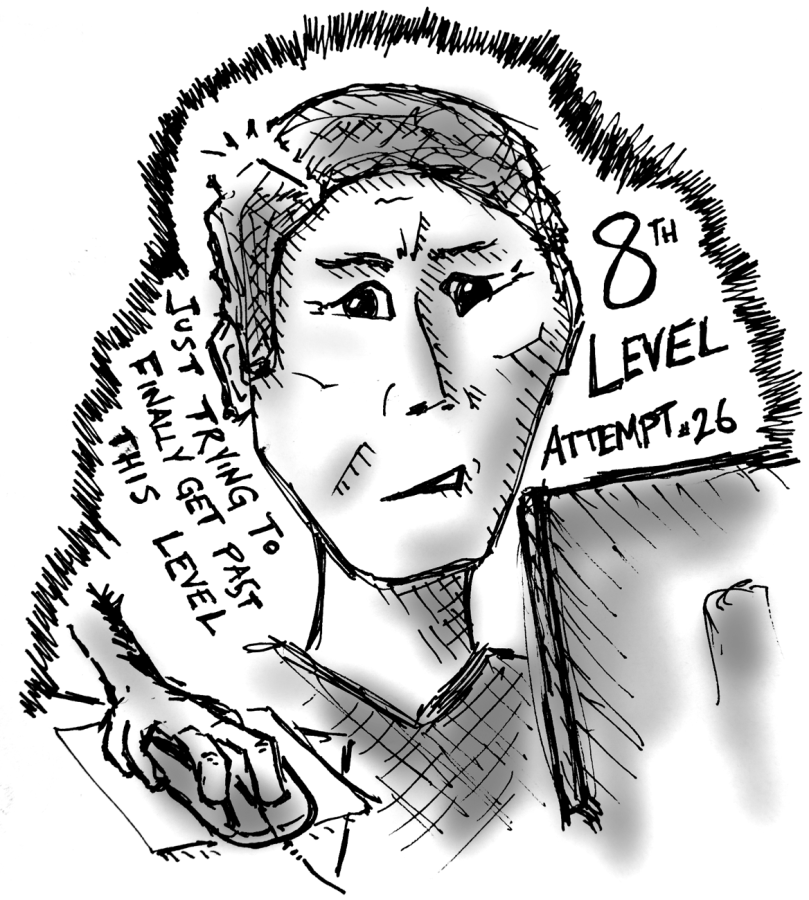
Failure, Difficulty Presented in Video Games
Toby Alden
• May 8, 2014
Brogue presents unique landscape
Toby Alden
• April 24, 2014

Review of Etrian Odyssey III
Toby Alden
• March 6, 2014

Hotline Miami Horrifies, Thrills
Toby Alden
• January 30, 2014
Jill of the Jungle’s Creative Aesthetic Won’t Disappoint
Toby Alden
• December 12, 2013

Simple Video Games Offer New Arena for Competition
Toby Alden
• November 14, 2013
The Binding of Issac Offers Throwback
Toby Alden
• November 7, 2013
Load More Stories
Trending Stories






